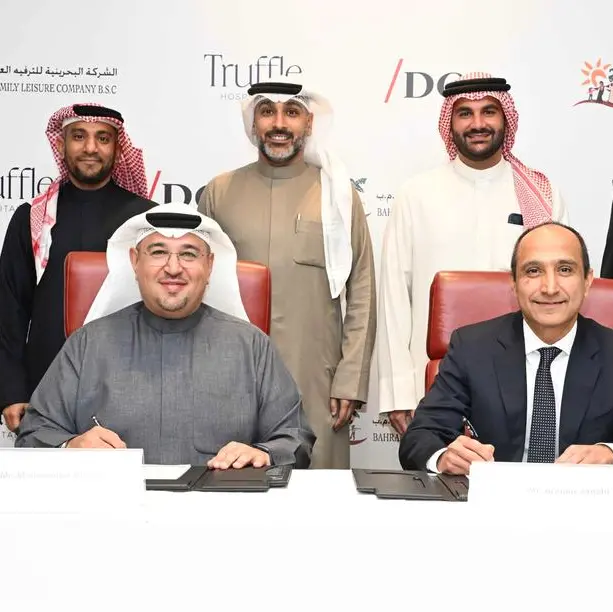PHOTO
Manama, Bahrain -07th April 2015
The Waqf Fund, a Bahrain-based special fund to support Islamic finance training, education and research, hosted its eighth Shari'a Scholar session with leading Islamic finance scholar Professor Dr. Akram Laldin from Malaysia. Dr. Laldin serves on several Shari'a Boards including Bank Negara Malaysia's Shari'a Advisory Council, AAOIFI and a number of Islamic financial institutions in Malaysia and globally. The topic under discussion was "The Challenges of Achieving Shari'a Compliance in Islamic Finance". Internal Shari'a Reviewers and Shari'a Auditors from Bahrain based Islamic financial institutions attended the session, which was held at the Central Bank's premises. Dr. Laldin made a presentation on the key challenges in Shari'a compliance and narrated a number of real life cases from his experience as a Shari'a Board member. This was followed by an interactive session during which the participants asked questions and gave their comments.
Dr. Laldin started his talk by emphasizing that Shari'a is the backbone of Islamic finance and therefore Shari'a non-compliance poses a huge risk to the industry. He was of the opinion that while all the stakeholders have to play their respective roles, Shari'a scholars have the biggest responsibility to ensure Shari'a compliance in all aspects of the financial institution. He impressed upon Shari'a scholars to be proactive in developing themselves through continuous training not just in Shari'a but also other relevant areas such as economics, finance, banking, accounting, law, etc. in order to be able to give a religious verdict after full knowledge and understanding of the matter. He praised the role of the first generation of Shari'a scholars in starting and then shaping the industry and stressed on preparing the second and third generation of scholars in order to ensure that the industry continues to progress.
Dr. Laldin identified several key challenges in Shari'a compliance. These include:
· Conventional mindset of key decision-makers and a lack of conviction and belief in what they are doing
· Not following the right process
· Copying conventional products without due consideration to Shari'a
· Implementation challenges in the absence of understanding of Shari'a
· Lack of understanding of Shari'a by the auditors
· Advertising and promotion not in line with Shari'a
· Restructuring products or transactions without ensuring Shari'a compliance
· Absence of a Shari'a compliant dispute mechanism
Dr. Laldin narrated instances where a transaction was restructured without fulfilling Shari'a conditions. He suggested that a Shari'a compliant dispute resolution mechanism be devised at the global level with participation from all the countries active in Islamic finance.
Earlier Mr. Khalid Hamad, Chairman of the Waqf Fund welcomed the guest scholar and the participants to the session. He stated that Bahrain has always demonstrated openness and cooperation in Islamic finance with other jurisdictions and such cooperative spirit is critical for the industry to keep its growth momentum. He emphasized on the importance of learning from leading Shari'a scholars and urged the participants to attend Shari'a scholar sessions regularly.
-Ends-
Central Bank of Bahrain (CBB)
Contact: External Communications Unit
Tel: +973 17547357/17547360
E-mail: media@cbb.gov.bh
Website: www.cbb.gov.bh
© Press Release 2015




















